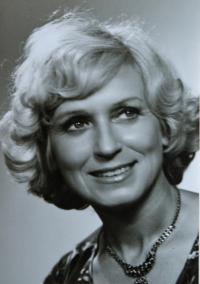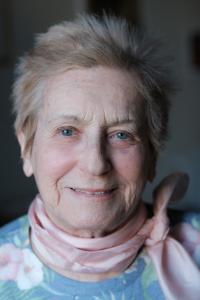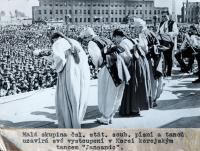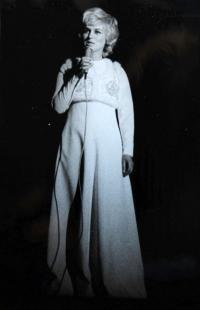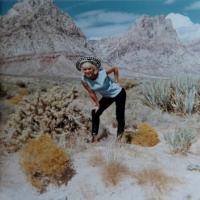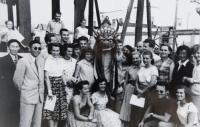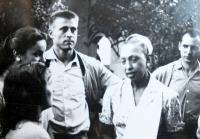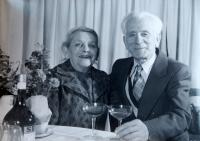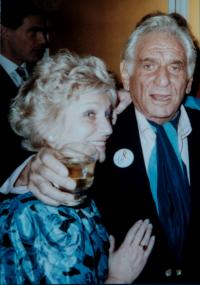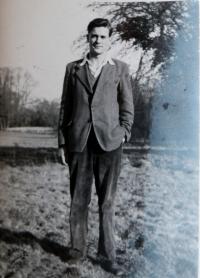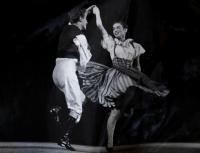Mum is Russian, Dad is Jewish, and I’m Czech

Stáhnout obrázek
Inka Vostřezová was born on 4 Janury 1930 in Prague to Mr and Mrs Vainstein, Jewish emigrants from Bessarabia, which was then a part of Romania. Her parents, who had originally chosen Czechoslovakia as the least anti-Semitic country, were forced to abandon Prague with little Inka in 1939 due to the looming Nazi threat. They followed its horrors from the relative safety of Great Britain, where they had escaped to. Before that they had repeatedly provided shelter in their Pankrác flat to refugees from increasingly radicalised Germany . Whereas in London both parents worked in the war industry, they strove to protect their daughter from air raids by sending her to a children‘s home for immigrants, where she spent a total of two years. She then attended a Quaker boarding school for five years; their modern approach to education appealed to Inka and influenced her later interests. When the family returned to Czechoslovakia in 1947, Inka Vainsteinová enrolled to the seventh year of the girls‘ grammar school in Vodičkova Street. She did not graduate from the school, however, as she was enamoured with the folklore dances of the newly established Czechoslovak State Song and Dance Troupe, which she joined at the age of eighteen and remained with for almost her entire professional life. In 1951 her father was imprisoned for a quarter of a year after being reported; a year later Inka married her colleague from the troupe Vladimír Vostřez and gave birth to their son Michal. The marriage lasted until 1964. Three years later she completed studies of choreography at the Music Academy in Prague. Throughout her life she earned a living as a dancer, a choreographer, a professor of the special class of the dance conservatoire in Prague, a mistress of ceremonies, an interpreter for the Prague Information Service and the Czechoslovak-based International Organisation of Journalists. She interpreted the speech of a Czech minister in the United States Congress, she translated subtitles for films and also the lifelong work of Professor František Bonuš, Zlatá brána (English: The Golden Gate is Open), which was then published in the US. In the years 1990-1996 she served as the first secretary of the Czechoslovak and then the Czech representative office in Washington. In 1997 she worked for three months as the secretary of Dagmar Havlová on the behest of the latter‘s husband, Czech President Václav Havel; she then decided to retire. Even as a pensioner she continues to do translations, give English lessons, and take an interest in the culture scene.
